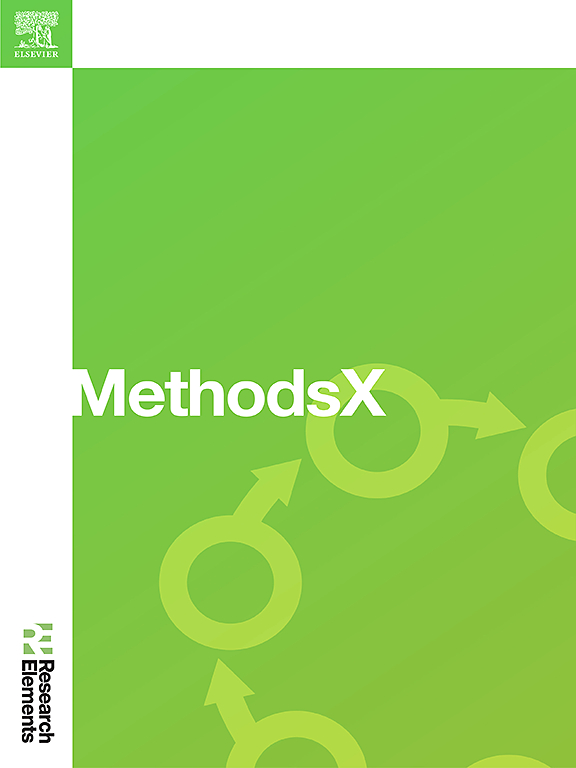A combined modelling approach to predicting injury severity in rear-end collisions
IF 1.9
Q2 MULTIDISCIPLINARY SCIENCES
引用次数: 0
Abstract
Rear-end collisions constitute the most prevalent category of urban road traffic accidents, resulting in severe traffic congestion, casualties, and substantial economic losses. To mitigate the impact of such accidents effectively, this study proposes a severity prediction model that integrates Convolutional Neural Networks (CNN) and Extreme Gradient Boosting (XGBoost). The model employs the U.S. Department of Transportation's Fatality Analysis Reporting System (FARS) accident dataset, which undergoes preliminary preprocessing. Subsequently, Principal Component Analysis (PCA) is applied to reduce the dimensionality of the influencing factors prior to their input into the combined model for classification. CNN is utilized to extract features, while XGBoost is responsible for classification. Experimental results demonstrate that the combined model achieves a classification accuracy of 96.2 %, with superior AUC and F1 scores compared to traditional models, indicating excellent predictive performance.
- •This paper proposes a hybrid CNN-XGBoost algorithm that combines the superior feature extraction capability of CNN with the powerful structured data processing and precise prediction ability of XGBoost, resulting in a significant performance improvement over traditional algorithms.

一种预测追尾碰撞损伤严重程度的组合建模方法
追尾事故是城市道路交通事故中最常见的一类事故,造成严重的交通拥堵、人员伤亡和巨大的经济损失。为了有效减轻此类事故的影响,本研究提出了一种集成卷积神经网络(CNN)和极端梯度增强(XGBoost)的严重程度预测模型。该模型采用了美国交通部的死亡分析报告系统(FARS)事故数据集,该数据集经过了初步预处理。随后,应用主成分分析(PCA)对影响因素进行降维,然后将其输入组合模型进行分类。使用CNN提取特征,XGBoost负责分类。实验结果表明,该组合模型的分类准确率达到96.2%,AUC和F1分数均优于传统模型,具有较好的预测性能。•本文提出了一种CNN-XGBoost混合算法,该算法将CNN优越的特征提取能力与XGBoost强大的结构化数据处理和精确预测能力相结合,性能比传统算法有了显著提高。
本文章由计算机程序翻译,如有差异,请以英文原文为准。
求助全文
约1分钟内获得全文
求助全文
来源期刊

MethodsX
Health Professions-Medical Laboratory Technology
CiteScore
3.60
自引率
5.30%
发文量
314
审稿时长
7 weeks
期刊介绍:
 求助内容:
求助内容: 应助结果提醒方式:
应助结果提醒方式:


